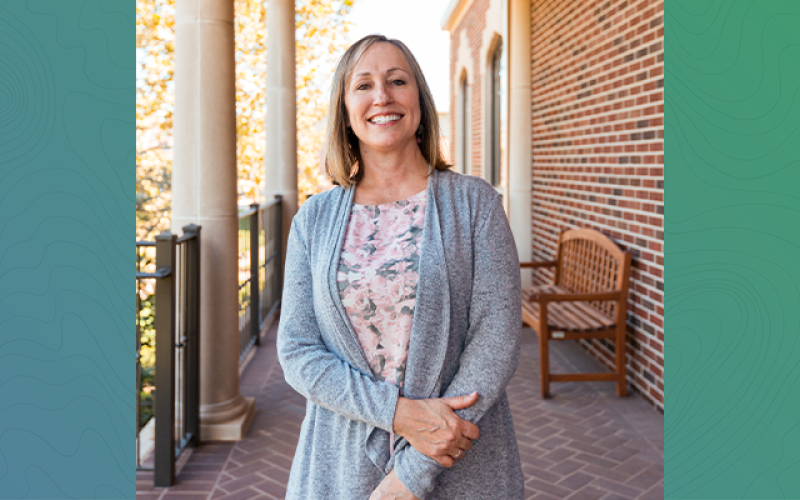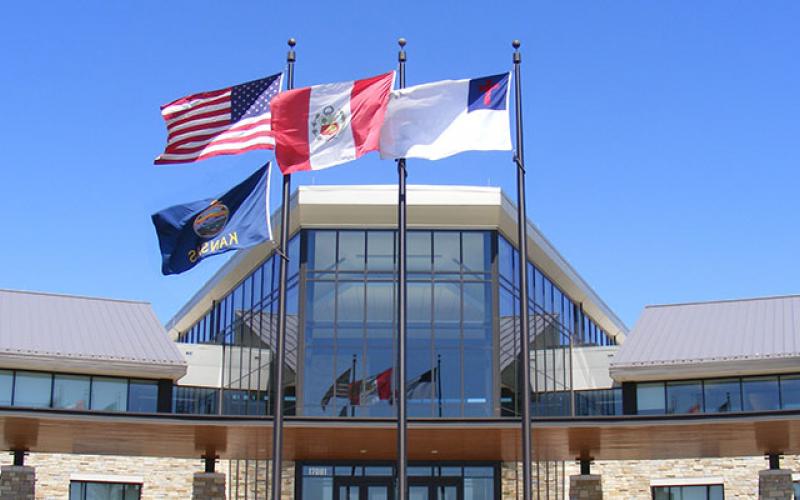
Freedom Sunday highlights anti-trafficking initiatives
On 22 September, thousands of churches will gather to bring an end to human trafficking across the globe. Together, they will worship, pray, and give to support anti-human trafficking efforts.
One institution working to combat human trafficking is the Shechem Children’s Home in Manila, Philippines. Currently, 12 children, all of whom are survivors of the online sexual exploitation of children, are staying at the assessment center.
The Shechem Children’s Home is the first assessment center in the Philippines to address OSEC. It opened its doors nearly a year ago, welcoming children rescued from exploitation by the International Justice Mission. The home also functions in partnership with the Church of the Nazarene in the Philippines, Nazarene Compassionate Ministries, and the Philippines Children’s Ministries Network.
The first case of live-streamed exploitation of children in the Philippines was reported in 2011, and the prevalence has been growing rapidly since. According to Reuters, the Filipino government receives at least 3,000 cases per month of potential exploitation of Filipino children online from other countries. That number has tripled in the last three years.
Children live at the house with an on-site social worker, and other staff members are always present. Two family social workers, a house manager, two security guards, and five house parents fill the different roles. Since Schechem isn’t a long-term shelter, the goal is to provide a safe, healthy, and loving place for the children while both past trauma and future goals are assessed.
Nazarene Compassionate Ministries Philippines Coordinator Leody Echavez says it’s important for the children to feel at home at Shechem, even if their residence isn’t permanent.
“There’s a great need for these children to be accepted, so we accept them,” Echaves said.
The children meet with social workers and attend weekly therapy sessions. In the end, they can go to live with a non-offending family member, a foster family, or at a long-term shelter. Of those options, living with a family member is the first choice, but it’s extremely important to ensure that the child is safe from further exploitation — more than 70 percent of OSEC cases are perpetrated by an immediate family member.
That’s why Shechem also has family social workers who work specifically with the children’s families. The social workers help non-offending family members understand what the child needs after experiencing trauma, and they also help ensure that the living situation will be the best and safest one for each child.
The children who come to Shechem are recovering from trauma, and a few months of therapy and care won’t take that away. The staff at Shechem hope that through love and care, the children will simply be able to experience what it is like to be children again.
“That is our goal — that it would not become a facility or institution for them, but that it would be a safe space for them to just be a kid,” Echavez said.
Learn more about Nazarene Compassionate Ministries’ anti-human trafficking efforts at NCM.org/antitrafficking.
Sign up to participate and download free Freedom Sunday resources at NCM.org/freedom-sunday.



